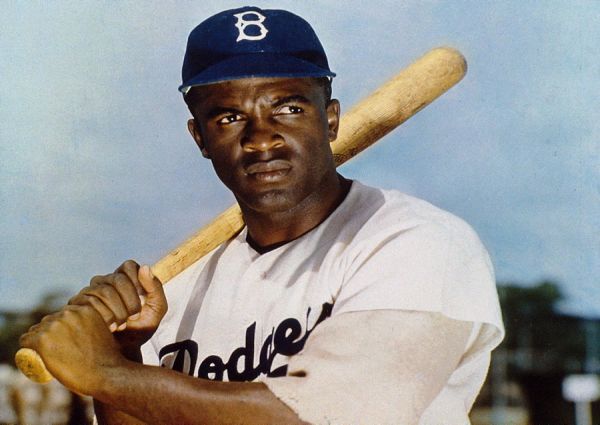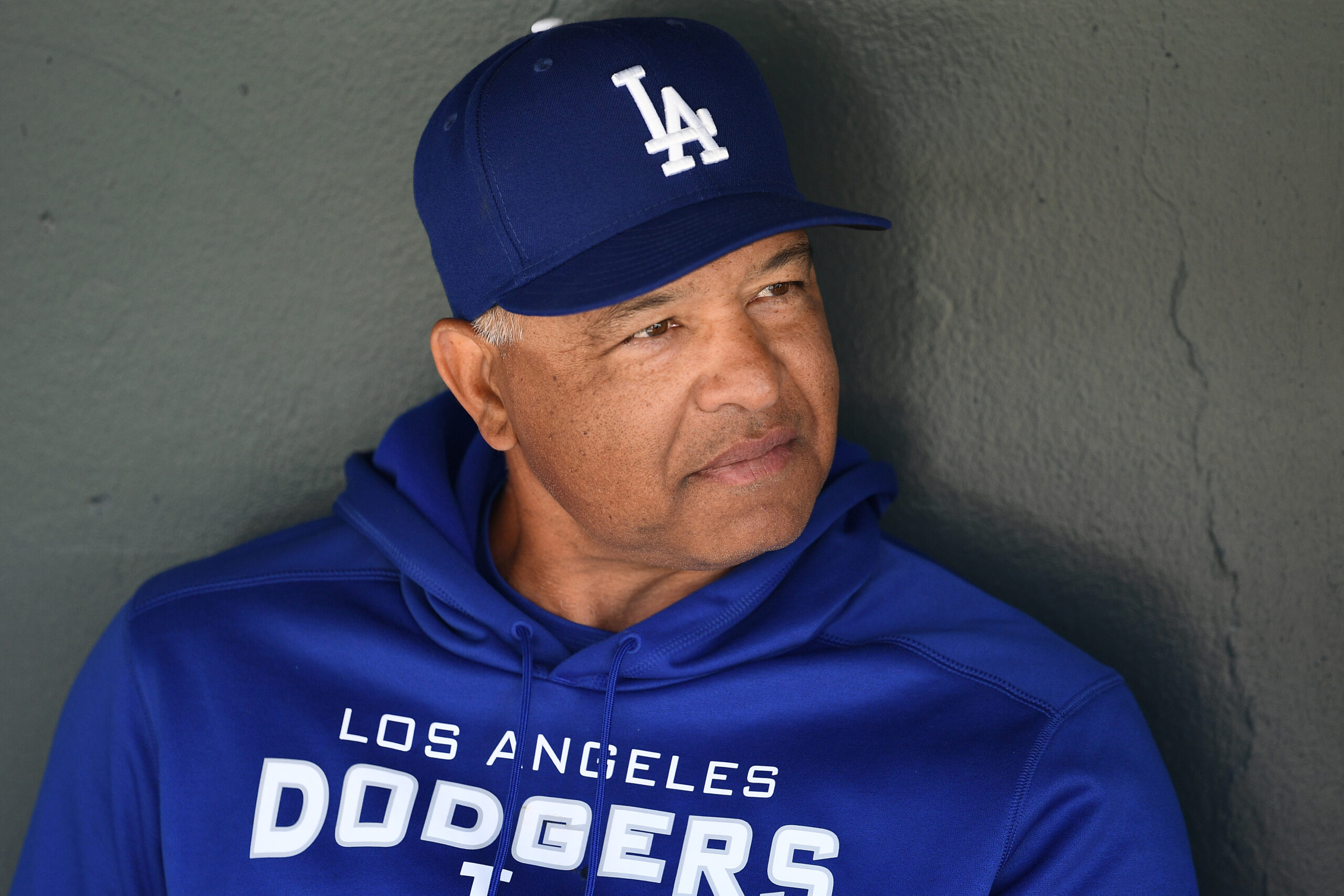Having been born and raised in Brooklyn, NY, I was nurtured with the notion that my borough had three forefathers: Jesus Christ, Big Daddy Kane and Jackie Robinson. Though the older heads would rock cuts in their eyebrows and gold crucifixes over their Jackie Robinson jerseys, us younguns always took for granted the fact that we lived on hallowed ground. We never understood just how profound history was changed thanks to Kings County and two men who called it home. No, I’m not talking about Jesus and Big Daddy Kane – though Kane was that dude – I’m talking about Branch Rickey and Jackie Robinson.
That said, putting all Brooklyn bias aside, 42 is the best biographical piece I’ve seen since Dick Cheney’s bio, The Omen.
Thanks to Brian Helgeland (I thought you had this one, Mookie?), this next generation of Brooklynites won’t be as oblivious to Jackie’s accomplishments as I was growing up. Truth be told, had 42 been released during my adolescent years, I would’ve rocked a Jackie Robinson throwback to church every Sunday.
Helgeland’s vision of Robinson’s everyday struggle to be accepted into an all-white sport is definitely one to behold. While its being perceived and marketed as a baseball movie – which it is – 42 came off as more of a character-driven film than a sports piece. Yes, we know what Jackie Robinson did on the diamond, but we never really understood what he went through when he wasn’t on it, and those are things that Helgeland sheds more than a little light on.
Beginning with Branch Rickey’s (brilliantly played by Harrison Ford) desire to not only cash in on the untapped Negro baseball fan base that resided in New York, but to abolish an unwritten race rule to the game all at the same time, the film takes us on a trip back to a time when most public bathrooms were “White Only.” Jim Crow was the law of the land, and of the 400 professional baseball players in the MLB, 100 percent where white men. Rickey was determined to change that, even though he knew it meant being a social pariah.
Playing the role of Jackie Robinson is a relatively unknown Chadwick Boseman, who through a robust yet urbane (not urban) demeanor, captured the anger and frustrations that Mr. Robinson underwent in a very segregated and racially divided 1947 America. A hero to the African-American community and a villain to white America, Robinson put up with more crap than Huggies diapers. Often remote, yet remaining collected whenever dealing with media attention and fan scrutiny, the young phenom walked a road to equality that often proved mentally and emotionally taxing.
From being denied into hotels and having airline attendants give away his seats on flights, to hearing the “N” word enough times to fill two Quentin Tarantino film scripts, it seemed inevitable that JR would break and go crazy on those white folks. But his support system in the form of his beautiful wife Rachel (Nicole “She just replaced Sanaa Lathan on my top 5 crush list” Beharie) who was just as strong-willed as her husband, was there to remind him that love topples hate. Often getting JR’s hat tipped to her in the stands whenever he was collecting a hit on the field, Mrs. Robinson proved to be an unsung hero and all her husband needed to get through those trying times.
Funny enough, one press box reporter told another, “Mark my words; they’re going to run us (white people) out of baseball.” Keep in mind that back in 1947, white folks never heard of Dominicans. Players like Albert Pujols, Pedro Martinez, and Robinson Cano (who was named after the late great 1947 Rookie of the Year) would’ve led the country to immigration laws that would’ve sealed 1940s American boarders like a Ziploc freeze bag.
On the surface, Helgeland’s 42 is a feel-good story about how the color line in baseball was broken, but real talk, it holds much more substance than just that. 42 delves into a shameful period of American history, and even went as far as to demonstrate how easily certain ways of thinking can be unknowingly passed down to an impressionable younger generation. This set the stage for a young black man to fight racism with a baseball bat in one hand and a leather glove on the other. Winning over racist teammates and fans with his stellar play on the field and the respectful way in which he carried himself while off of it.



